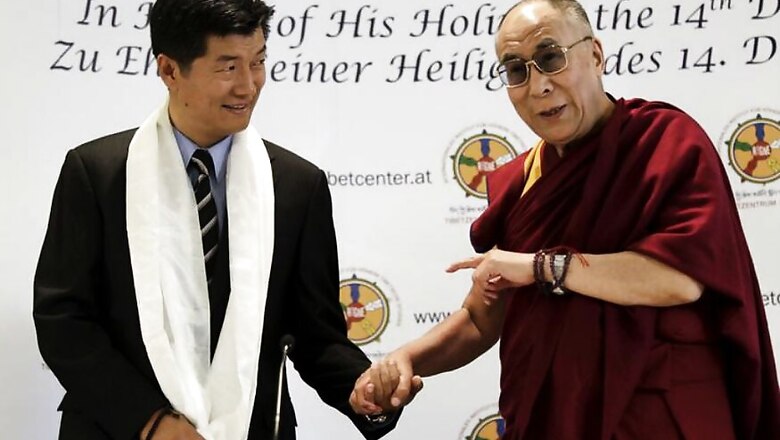
views
New Delhi: The head of the Tibetan government-in-exile in India said that Tibet was engaged in back channel talks with China. He also said that Tibet would remain with China if Tibetans were given genuine autonomy.
In an exclusive interview to News18, Lobsang Sangay, President of the Central Tibetan Administration (CTA) said that while there has been no official communication with China, there were Track 2, Track 3 conversations that were taking place.
“There has been no official communication between China and the CTA since 2010. But there are back channel talks that happen. People keep coming from the Chinese side and we are very transparent with them,” he said, adding that the CTA was taking it with a pinch of salt as they have had about nine official dialogues and there was no breakthrough. “So, one shouldn’t read too much into it.”
The CTA President, however, added that Tibet was okay with remaining with China as long as Tibetans were given genuine autonomy. “There is a lot of repression and the situation now is in fact worse. We are open to dialogue and His Holiness Dalai Lama would want to meet Chinese representatives,” he said, adding that the CTA was closely monitoring China’s rise in the region closely.
Sangay also added that he would reach out to China in his capacity as CTA President but was not sure of the results as engaging with him would mean “Chinese acknowledging a Tibetan government-in-exile. Hence, talks only happen between the envoys of the His Holiness and those from the Chinese side”, adding that he is, however, part of the decision-making process and is kept in the loop.
Sangay further said that it was just one man who could decide what was going to happen to the Tibet issue as the world sees and it was Chinese President Xi Jinping. “It’s not about which department or which ministry to look at. It’s just Xi,” he said. He also shed some light on how the Tibetans did expect certain things from the Chinese considering Xi’s family’s history with Tibet.
“Xi Jinping’s father, Xi Zhongxun, has met the His Holiness and knew a lot about Tibet,” Sangay said. Zhongxun was said to have close bonds with the Dalai Lama and the latter has also previously said in interviews that Jinping’s father was ‘very friendly and nice.’ Zhongxun died in 2002.
The Buddhist leader had fled to India during the 1959 Tibetan violence and has been living in India ever since. China has for long considered the spiritual leader as a dangerous separatist and says Tibet is an integral part of its territory and has been for centuries. Beijing also says its rule ended serfdom and brought prosperity to what was a backward region, and that it fully respects the rights of the Tibetan people.
‘MEA Circular Did Not Look Good For India, Tibet’
Commenting on the circular issued by foreign secretary Vijay Gokhale asking Indian officials to not attend any Tibetan events, Sangay said that in terms of public relations, it did not look for either countries. “These circulars are issued from time to time, I understand but the fact that it was in writing didn’t make anyone look good. But it was sorted out. We have 60 years of relationship and I knew it will all be alright,” he told News18. A little over a month ago it was reported by the Indian Express that foreign Secretary Vijay Gokhale had sent a note on February 22 to Cabinet Secretary PK Sinha, following which the "senior leaders" and "government functionaries" of the Centre and states were directed to skip events of exiled Tibetan leaders.
The Centre later clarified that Tibetan spiritual leader the Dalai Lama was free to "carry out his religious activities in India", reacting to reports that the government has asked senior functionaries to "skip” all events by the "Tibetan leadership in India".
The CTA President was also all praises for Vijay Gokhale. “He knows Tibet and the issues of it very well,” Sangay said.
Interestingly, the inauguration of the year-long Thank You India events in Dharamshala on Saturday was attended by BJP leader Ram Madhav, Union minister Mahesh Sharma, Congress leader Satyavrat Chaturvedi, and Himachal Pradesh minister Kishan Kumar.
“We had extended the invite to several people and they accepted it.”
The leaders, which included Madhav and Sharma, said that India recognised the struggle for the spiritual leader to go back to Tibet. When asked about whether the Dalai Lama was indeed returning to Tibet, Sangay said it was dream that the Tibetans wanted to realise soon. “India’s policy has been that they will support what Tibetans want and what the His Holiness wants. And there are millions of Tibetans who want him to return. So, India is supporting it,” Sangay added.











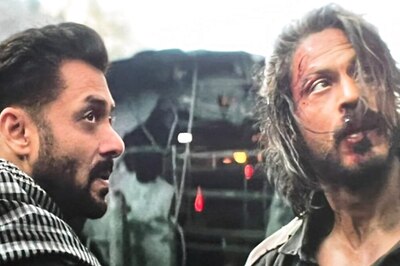
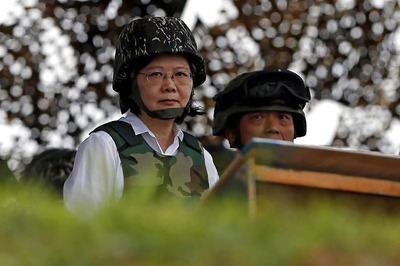


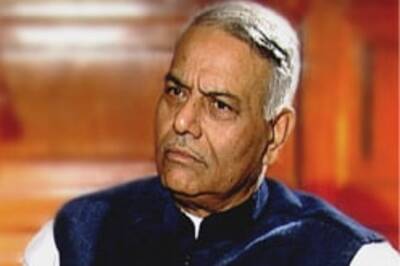

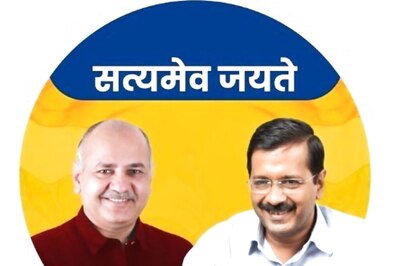


Comments
0 comment